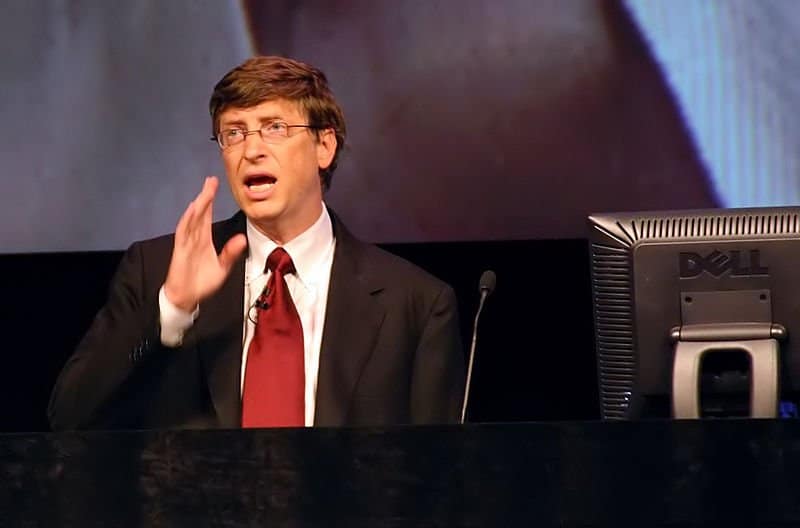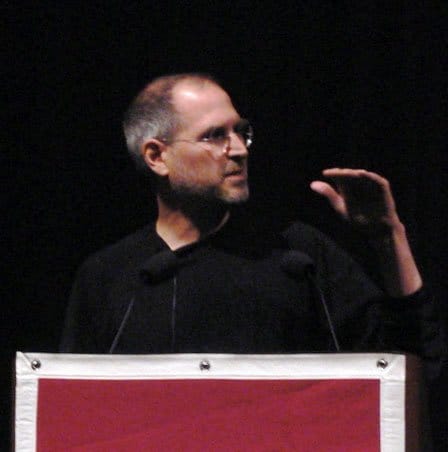Last Updated on May 21, 2024
Success and failure go hand in hand. That’s why achieving success after years of trying and failing is so satisfying. You won’t know true success without experiencing soul-crushing failure. Your failure will not define you, your actions do. But don’t take my word for it, here are inspirational stories of great leaders who beat the odds and ended up winning at life.
[bctt tweet=”Read inspirational stories of great leaders and discover the roadblocks they had to overcome. ” username=”@keepitgoing8net”]
Richard Branson, Virgin Airline Founder
Before
Sir Richard Branson is no stranger to magazine features. After all, the veteran executive is always topping Forbes’ list of the richest personalities in the world. As one of the driving forces behind Virgin Airlines, Branson singlehandedly transformed the low-cost airline industry. Not bad for a high school dropout, a hippie with poor math skills.
As a brash 20-year-old, Richard Branson had a penchant for get-rich-quick schemes. These schemes got him arrested twice and jailed once for suspicion of tax evasion. Success didn’t come early for young Richard. His businesses failed, one after another. He struggles from dyslexia, which made it painfully hard to manage a growing business. His poor math skills led him to distrust numbers. But what he lacks in certain skills, he compensates by persevering.
After
A true daredevil, Branson became famous for his record-setting attempts. He founded Virgin Records and started its sister company, Virgin Atlantic Airways. His airline company faced fierce competition from more established airlines, but he went after his passion. This, despite bitter court battles with British Airways, money-draining failures, and rising fuel costs in the early 90s. At 67, Branson had a net worth of $5.2 billion and was knighted by the Queen for “services to entrepreneurship.”
Bill Gates, Microsoft Founder
Before
Before becoming the world’s youngest billionaire – a self-made one, at that – 17-year-old Bill Gates was a Harvard University dropout reeling from a failed business called Traf-O-Data. The enterprising teen teamed up with his childhood friend, Paul Allen, and built their business around website traffic counters they made based on the Intel 8008 processor. According to Gates, his first business failed because the product “didn’t work.”
After

Even at a young age, Gates knew that computers are the future. He dreamed of a future where every home has a personal computer. And he made this a reality by teaming up with an old friend, Paul Allen and founded Microsoft. Gates and Allen used their past experiences to develop a stable business.
His failures did not stop at launching Microsoft, but by the time he hit 30 years old, he was the youngest billionaire in the world. He’s also the only billionaire to top Forbes’ annual list of the richest personalities in the world 16 times in the past 21 years.
Steve Jobs, Apple Inc. Founder
Before
Just like Bill Gates, Steve Jobs had a rough start. A computer genius, Jobs was struggling in school because he was a loner. As one of his Stanford classmates said, Jobs had trouble fitting in since he was “an individual in a world where individuality was suspect.” Due to money issues, Jobs had to drop out of Reed College, but he continued attending auditing classes.
Jobs got his big break by working as a technician at Atari, this, after being mistaken by the company execs for inventing the game, Pong. The game was created by his friend and Apple co-founder Steve Wozniak.
After

It was in the late 70s when Jobs teamed up with Steve Wozniak and founded Apple Inc. Wozniak is a computer whiz who invented the first Apple computer, Apple I. Jobs and Wozniak perfected their prototype until Apple II became ready for mass production. The Apple II was one of the first successful mass-produced microcomputers in the business.
Apple Inc. became a massively successful software company but there was trouble brewing between Jobs and other executives. The iPhone maker made the mistake of recruiting John Sculley as CEO of Apple. Sculley would later organize a board campaign to fire Jobs. After being kicked out of Apple, Jobs created NeXT, but the company was not successful. In fact, its software division was sold to Apple. It was at this point that Steve made his triumphant return to Apple.
In his famous 2005 commencement speech at Stanford, Jobs recalled the humiliation he experienced after being booted out of the company he helped build. However, he said getting fired from Apple was the “best thing that could have ever happened” to him, adding that the “heaviness of being successful was replaced by the lightness of being a beginner again.”
Steven Spielberg, Oscar-Winning Director
Before
As a student, Steven Spielberg struggled in film school due to his C grade average. He applied to the University of Southern California’s School of Cinematic Arts three times and failed. Eventually, he applied to California State University and got accepted.
Apart from attending classes, young Steven had an unpaid intern job at Universal Studios. Thanks to the internship, he learned how to edit films and a rare opportunity to create a short film set for theatrical release. His Amblin short film impressed studio vice president Sidney Sheinberg so much; he offered Steven a long-term deal as a director. He would become the youngest director in Hollywood to be signed for such deal.
Early in his career as a director, Spielberg came across many challenges, some of which outstripped his accomplishments. One such failure is the movie Sugarland Express. The film was well received by critics, but it was a dud at the box office. It was at this moment that Spielberg became determined to produce a hit.
After
Spielberg received a script about a killer shark and was convinced that this was the blockbuster movie that will launch his career. But making the movie was problematic since day 1. From mechanical failures to delays, shooting Jaws was a painful process for everyone involved. Thanks to delays, the planned 55-shooting day dragged out to 159, forcing the studio to increase the initial budget of $4.5 million to $10 million. Spielberg thought the film would be the end of his career. The entire experience left Spielberg so traumatize; he suffered from severe panic attacks during and months after completing the film.
By the end of it, the studio was pressuring Spielberg to complete the film and the good director had to improvise to make it work.
Jaws then became one of the most iconic and highly successful films in Hollywood history. The film earned $7 million on its opening weekend and recouped production costs in just two weeks. It became the highest grossing film of all time until Star Wars’ debut two years later. The film received multiple awards in sound mixing, music score, and film editing. It was nominated for the Oscars for Best Picture.
Related: 5 Short Stories on Leadership